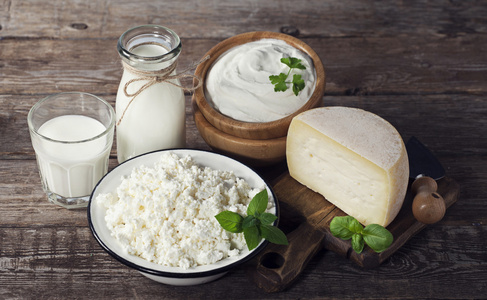
 CONTACT
CONTACT
- Linkman:Linda Yao
- Tel: +8618231198596
- Email:linda.yao@dcpharma.cn
- Linkman:CHARLES.WANG
- Department:Overseas
- Tel: 0086 0311-85537378 0086 0311-85539701
Nisin applications in dairy
TIME:2023-12-28
Nisin is commonly used in the dairy industry as a natural preservative due to its antimicrobial properties.
Nisin is effective against Listeria monocytogenes, a pathogenic bacterium that can be present in dairy products.It helps enhance the safety of cheese by preventing the growth of this bacteria during the production and storage of cheese.
Nisin is often added to processed cheese and cheese spreads to extend their shelf life by inhibiting the growth of spoilage and pathogenic bacteria.
Nisin is used in various dairy-based sauces and dips to prevent microbial spoilage, ensuring a longer shelf life.
n yogurt and other fermented dairy products, nisin can be employed to control the growth of spoilage microorganisms and extend the product's freshness.
Nisin may be used in cream and cream-based products to provide protection against spoilage bacteria and enhance the product's stability.
Nisin is utilized in desserts like custards or puddings to protect against the growth of Listeria and improve the safety of the product.
Nisin can be added to milk-based beverages to improve microbial stability and prevent the growth of harmful bacteria.
Nisin helps control the growth of bacteria in ricotta and cottage cheese, contributing to the safety and quality of these products.
The specific application and concentration of nisin can vary depending on the type of dairy product, processing conditions, and desired shelf life.Regulatory agencies such as the FDA and European Food Safety Authority (EFSA) have established guidelines for the use of nisin in food products, including maximum allowable concentrations.Food manufacturers typically adhere to these regulations to ensure the safety and efficacy of their products.
- Tel:+8618231198596
- Whatsapp:18231198596
- Chat With Skype







